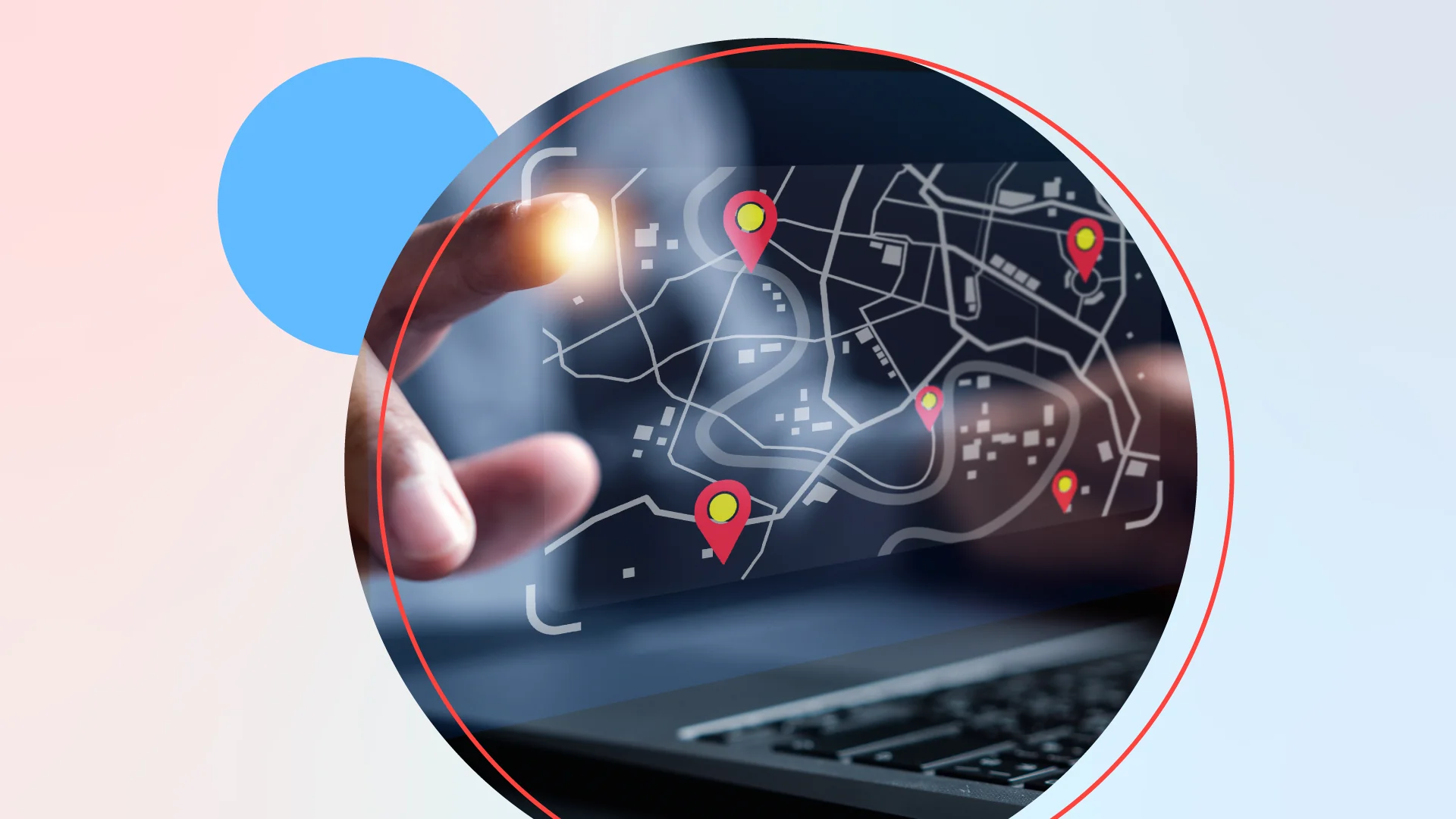A career in the federal government can be rewarding, providing a sense of financial and job security while working collaboratively for the betterment of the country. At REI’s Government Technology Breakfast “Career Paths and Skills Needed for the Next 10 Years of Government IT,” panelists discussed the career progression that led to their executive roles in government IT today. U.S. Department of Agriculture’s CIO Gary Washington, U.S. Department of Agriculture’s Chief Data Officer Christopher Alvares, and Deputy CIO for the U.S. Department of State Jeffrey Johnson each provided their own career overview. They offered advice to those starting their career and identified the skills needed in the field today and in the next 10 years.
Below are key takeaways from the event and panel discussion.
There is no single best path to enter government work. Each panelist had a wide variety of experience before their career in government, including working in biotech labs, serving in the military, and teaching high school social studies. All three panelists emphasized the importance of the business skills they learned early in their careers as one source of their success today.
-
- The public service mission may first draw you in the door, but career progression and incredible opportunities keep you in government. When asked what attracted the panelists to a government role, the overwhelming response was the opportunity to make a difference— supporting the government and, in turn, supporting the country—including the ability to do work that impacts millions of people in different aspects of their everyday life. The pros of government IT are more than just the public service, and each panelist mentioned the collaborative environment and ongoing challenges. All of that brings opportunities for constant growth in this career.
- Want a career in government? The best advice is to be flexible. When our panelists were asked to give advice to those looking to make a switch or just starting their careers, their overwhelming response was to not get caught up in a specific job or outcome. You may not end up in the first job you apply for, but every opportunity is a learning experience. Learning opportunities don’t stop with your job; taking the time to understand your customer and the partners you work with helps you deliver and align your work to the need. Most importantly, once you get your foot in the door, don’t be scared to take on the challenge. If you don’t know something, use it as an opportunity to figure it out. Those opportunities help you grow, expand, and build your toolkit as a future leader.
- Where is government IT heading? What skills can you build today to be ready for the government’s needs tomorrow? The panelists named cyber security, cloud computing, AI/ML, big data analytics, and geospatial analytics. Some of the best skill sets needed for government have come from the private sector. If you are looking to make a transition, ask yourself: What are you currently doing, and how is it above and beyond what you are seeing in government today? Government will likely be happy to have skills that make a real addition to the mix offered by its current workforce.
The panel discussion offered unique perspectives from Washington, Alvares, and Johnson. While each panelist has vastly different career progressions, they all ended up in top leadership roles within the federal government, which speaks to the melting pot of different perspectives and skillsets appreciated in the federal government workforce. You can watch the entire panel discussion in the recording below. To answer the question that may be most top of mind, yes, each of the panelists’ agencies is currently hiring IT professionals.
If you are interested in creating technology that can impact millions of lives, REI Systems has a variety of open positions at all levels. Check out our open positions and apply today.
View REI Systems Open Jobs




